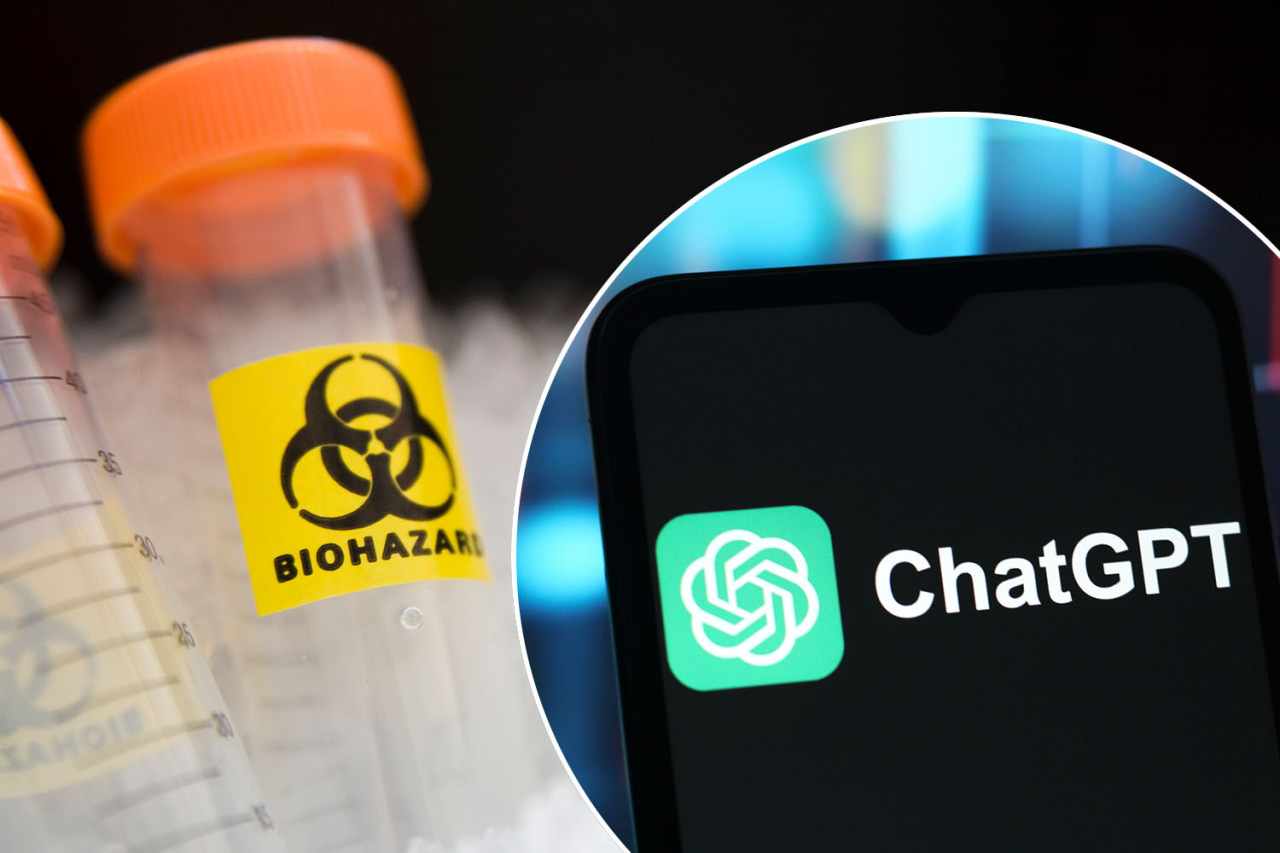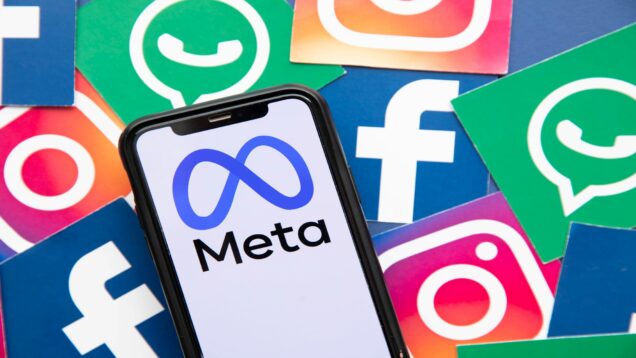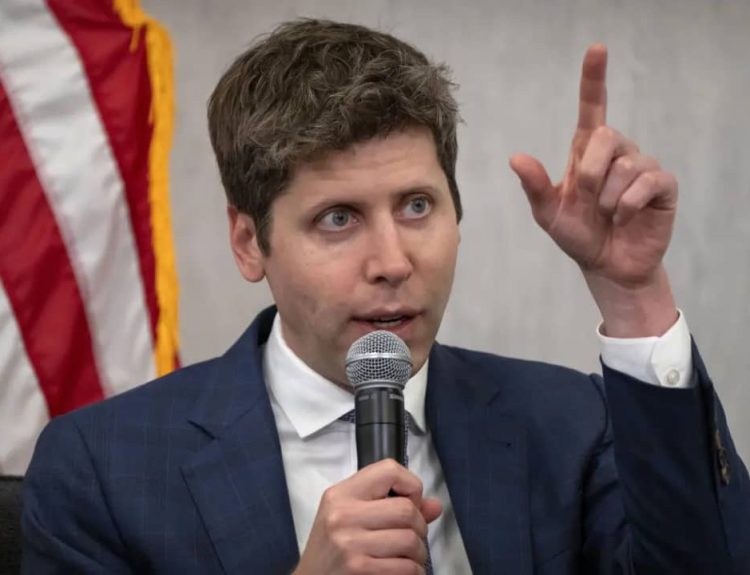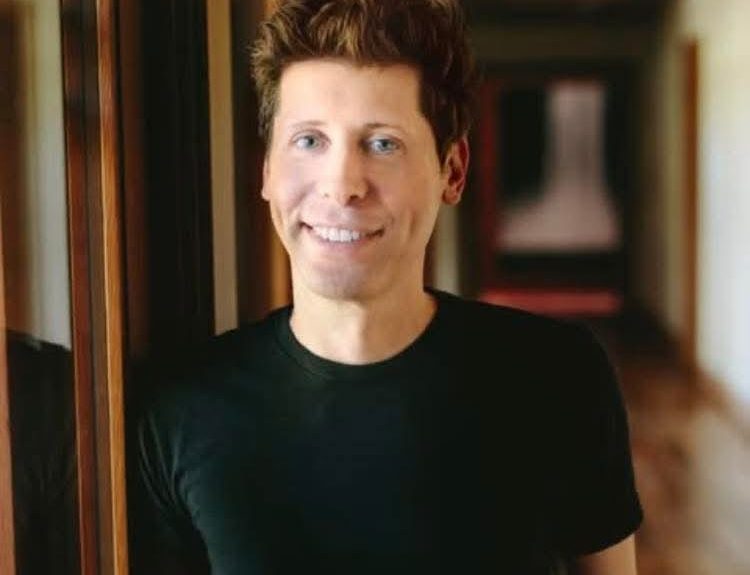The makers of ChatGPT, OpenAI, have issued a sobering warning about the potential dangers of artificial intelligence, cautioning that future iterations of its popular chatbot could be exploited to help create biological weapons.
While AI continues to offer major breakthroughs in fields like medicine—accelerating drug development and vaccine research—OpenAI says the same power that drives progress could also be turned toward harm.
In a blog post this week, the company acknowledged that as AI tools become more advanced in biology, they could eventually be used to provide “harmful information” to bad actors. Although physical access to labs and dangerous materials remains a major barrier, OpenAI stressed that these obstacles are not foolproof.
Johannes Heidecke, OpenAI’s head of preparedness, told Axios that while the AI won’t be able to build bioweapons on its own, it could help non-experts replicate existing threats. “We are more worried about replicating things that experts already are very familiar with,” Heidecke said.
To stay ahead of the risk, OpenAI is developing strong safety mechanisms to detect and block any potentially dangerous use. According to Heidecke, nothing short of near-perfect accuracy in these systems will suffice.
OpenAI has been working with biosecurity and bioterrorism experts to train its models to recognize and avoid responding to requests related to biological threats. The company’s announcement comes amid increasing global concern over how AI might be misused in warfare.
The warning follows years of anxiety among scientists about the possibility of AI accelerating the development of biological and even nuclear weapons. Memories of the 2001 anthrax attacks in the U.S.—where letters containing deadly spores were mailed to news organizations—underscore just how real the threat can be when biology is weaponized.
Experts are now calling for stricter government oversight and regulations to prevent such scenarios. OpenAI’s message is clear: the time to act is now, before technology races ahead of human safeguards.














